As the only son in the family and the eldest grandson of the whole clan, being unable to have children due to no sperm was a big shock to Mr. Toan.
Mr. Phan Toan (32 years old, in Tien Giang ) got married in 2018, but a year after the wedding, there was still no good news, even though the couple did not use any contraceptive methods. Going to Ho Chi Minh City for a reproductive health check, he was shocked to be informed that he was infertile due to the lack of sperm in his semen.
During the next 3 years, the couple went to the doctor, took medicine, and took supplements. It was found that they had sperm but they were all deformed. They performed in vitro fertilization (IVF) 3 times at two different hospitals, all of which failed. Toan had microsurgery to remove sperm from his testicles (micro-TESE) for IVF, but it was also unsuccessful.
"All three times IVF was done, the doctors advised me to ask for sperm. As the only son in the family and the eldest grandson of the whole family, it was like a thunderbolt to me. My wife and I were both sad and could not accept it," said Toan.
The pressure to have a son to continue the family line weighs heavily on the shoulders of the "only son" man. "I'm afraid that I will never have the chance to be a father, especially when my parents are old and still haven't had a grandchild," he shared.
During family gatherings, hearing people ask "do you have children yet?", "when will you have children?"... makes Toan and his wife even more stressed. "Many times my wife and I do not dare to go out because we feel that we are not only infertile but also mentally traumatized. There were times when I wanted to give up, but my wife encouraged me to continue 'looking for children'," Toan said.
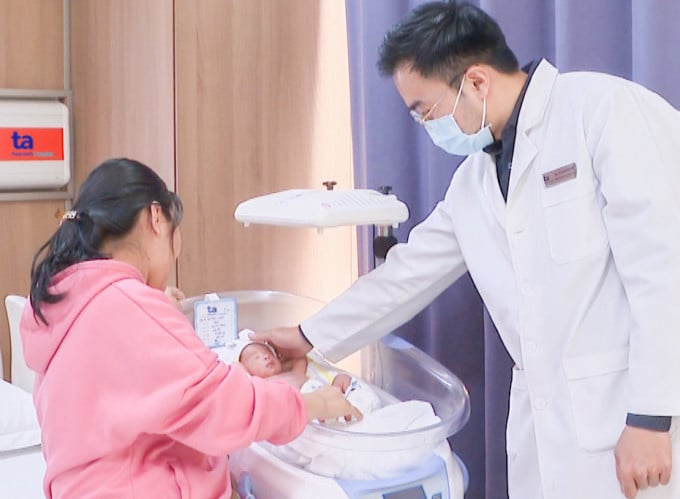
Doctor Le Xuan Nguyen visited Mr. Toan and his wife's child before he was discharged from the hospital. Photo: Huu Toan
In April 2022, they came to the Center for Reproductive Support, Tam Anh General Hospital, Ho Chi Minh City (IVFTA-HCMC). MSc. Dr. Le Dang Khoa, Head of the Andrology Unit, said that Mr. Toan had just had micro-TESE performed a week earlier, so the doctors decided not to prescribe this technique for the patient for 3 months, to give the testicles time to recover.
Toan was tested for semen. The results showed that 99% of the sperm were immotile, 85% of the sperm were abnormal with short, truncated tails, 1% of the sperm had small heads and no acrosome (a structure at the head of the sperm, essentially an enzyme that erodes the egg shell so that the sperm can swim in and fertilize the egg).
"Within the remaining 1% of the cell, if only a few sperms are of good quality, we are confident that we can help the patient have children," Dr. Khoa said, adding that at that time, he decided to let the patient collect and store a small amount of sperm. This strategy helps reduce costs, pain, and damage to the patient's testicles compared to the micro-TESE surgery method once again.
Two weeks later, Mr. Toan's test results showed signs of a sharp decline, and the patient was at risk of infertility. Dr. Le Dang Khoa once again accelerated the process of collecting sperm and successfully stored 5 samples.
Meanwhile, Dr. Le Xuan Nguyen, IVFTA-HCMC, developed an ovarian stimulation protocol for his wife, obtaining 10 mature eggs. Lab specialists thawed the sperm, carefully selected the rare, complete "sperm", fertilized it in vitro with the wife's fresh eggs, and created 4 good quality embryos.
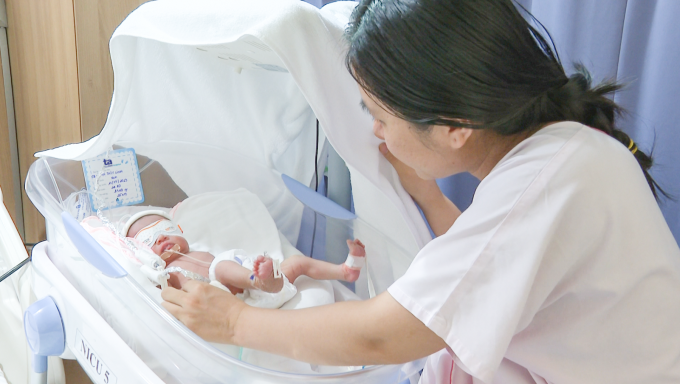
Ms. Linh, Mr. Toan's wife, is happy with her child after 5 years of infertility treatment. Photo: Huu Toan
In October 2022, Ms. Thuy Linh, Mr. Toan's wife, received the good news of pregnancy on the first embryo transfer. Baby boy Phan Ly Dat, weighing 2.4 kg, was born prematurely and received intensive care at the Neonatal Intensive Care Unit (NICU). After nearly a week, the baby was discharged from the hospital in good health, strong, equivalent to the health of a full-term baby.
Holding his son in his arms, Mr. Toan tearfully said: "There was a time when my wife and I thought it was hopeless with the sperm donation, but finally luck smiled on us. Our son is the gift my wife and I have been searching for for 5 years."
Ms. Linh said that since hearing the news that she and her husband had a healthy baby boy, both families were happy and often asked about and encouraged her. On the day she gave birth, relatives from both sides traveled a long way to visit the newborn baby.
For Ms. Linh, in addition to the joy of becoming a mother for the first time after many years, she also got rid of the burden of having someone to continue the family line. She and her husband still have 3 embryos stored at the hospital, planning to continue IVF to have more children to make their family more happy.
Ms. Thuy Linh shares her journey of "finding her child". Video : Tam Anh General Hospital
According to statistics, Vietnam currently has more than one million infertile couples, of which 40% of cases are due to men. The cause can be due to many common diseases such as varicocele, urinary tract infections, sexual or ejaculation disorders, congenital malformations, chromosomal abnormalities, hormonal decline, menopause...
Dr. Le Xuan Nguyen said that at IVFTA-HCMC, the causes of infertility in couples are very diverse. Thanks to the combination of female and male infertility treatment and Labo ISO 5 integrated with AI to help screen embryos with abnormal division, many couples have successfully conceived and given birth to healthy children.
MSc. Dr. Le Dang Khoa recommends that men who have had regular sex for a year (2-3 times/week) without using contraception but have not had children should have a reproductive health check-up to be tested, diagnosed and treated early. Men also need to raise awareness of reproductive health care, change their living habits to limit risk factors such as: not smoking, limiting or abstaining from alcohol, not using banned substances and stimulants, limiting stress, fatigue, exercising regularly and maintaining a reasonable weight. In cases of abnormalities or reproductive organ malformations, do not be afraid or delay treatment, as this can make the condition worse.
Nostalgia
Source link


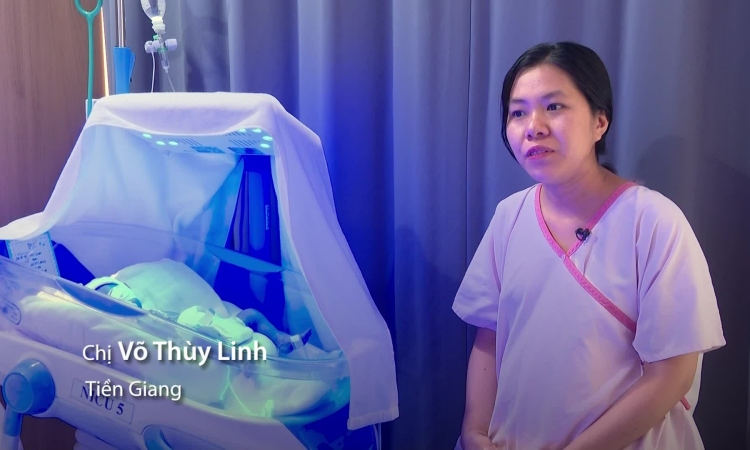


![[Photo] Prime Minister Pham Minh Chinh meets with South African President Matamela Cyril Ramaphosa](https://vphoto.vietnam.vn/thumb/1200x675/vietnam/resource/IMAGE/2025/10/23/1761226081024_dsc-9845-jpg.webp)
![[Photo] Prime Minister Pham Minh Chinh chairs meeting on railway projects](https://vphoto.vietnam.vn/thumb/1200x675/vietnam/resource/IMAGE/2025/10/23/1761206277171_dsc-9703-jpg.webp)
![[Photo] President Luong Cuong holds talks with South African President Matamela Cyril Ramaphosa](https://vphoto.vietnam.vn/thumb/1200x675/vietnam/resource/IMAGE/2025/10/23/1761221878741_ndo_br_1-8416-jpg.webp)





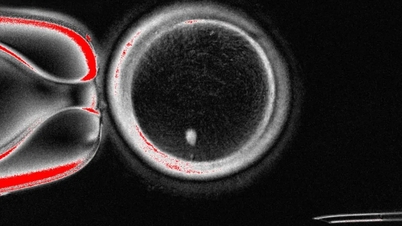







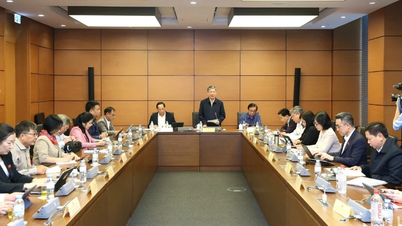

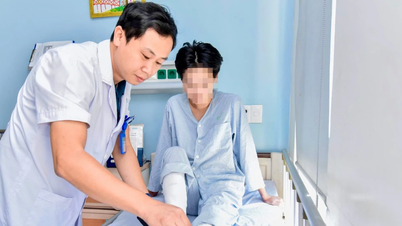


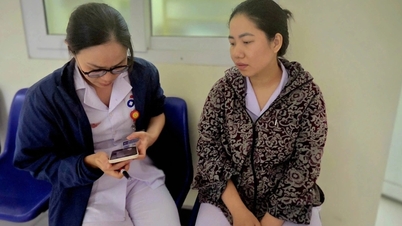


















































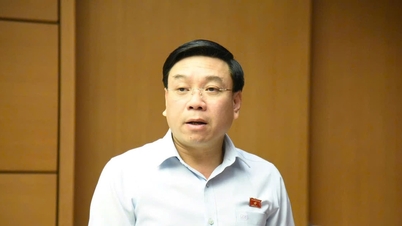






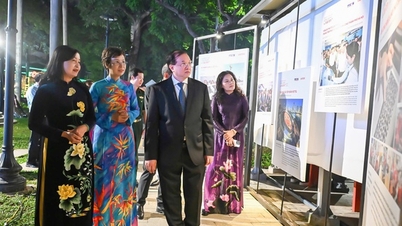





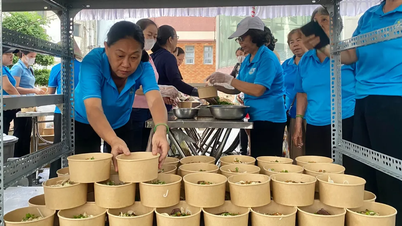






















Comment (0)